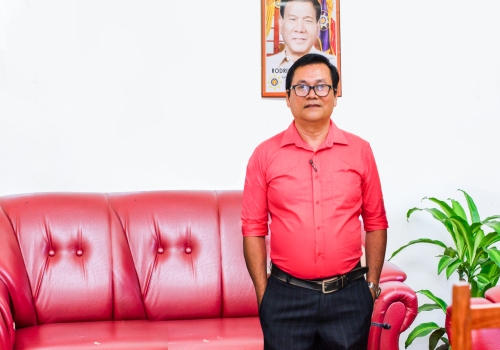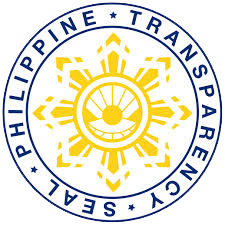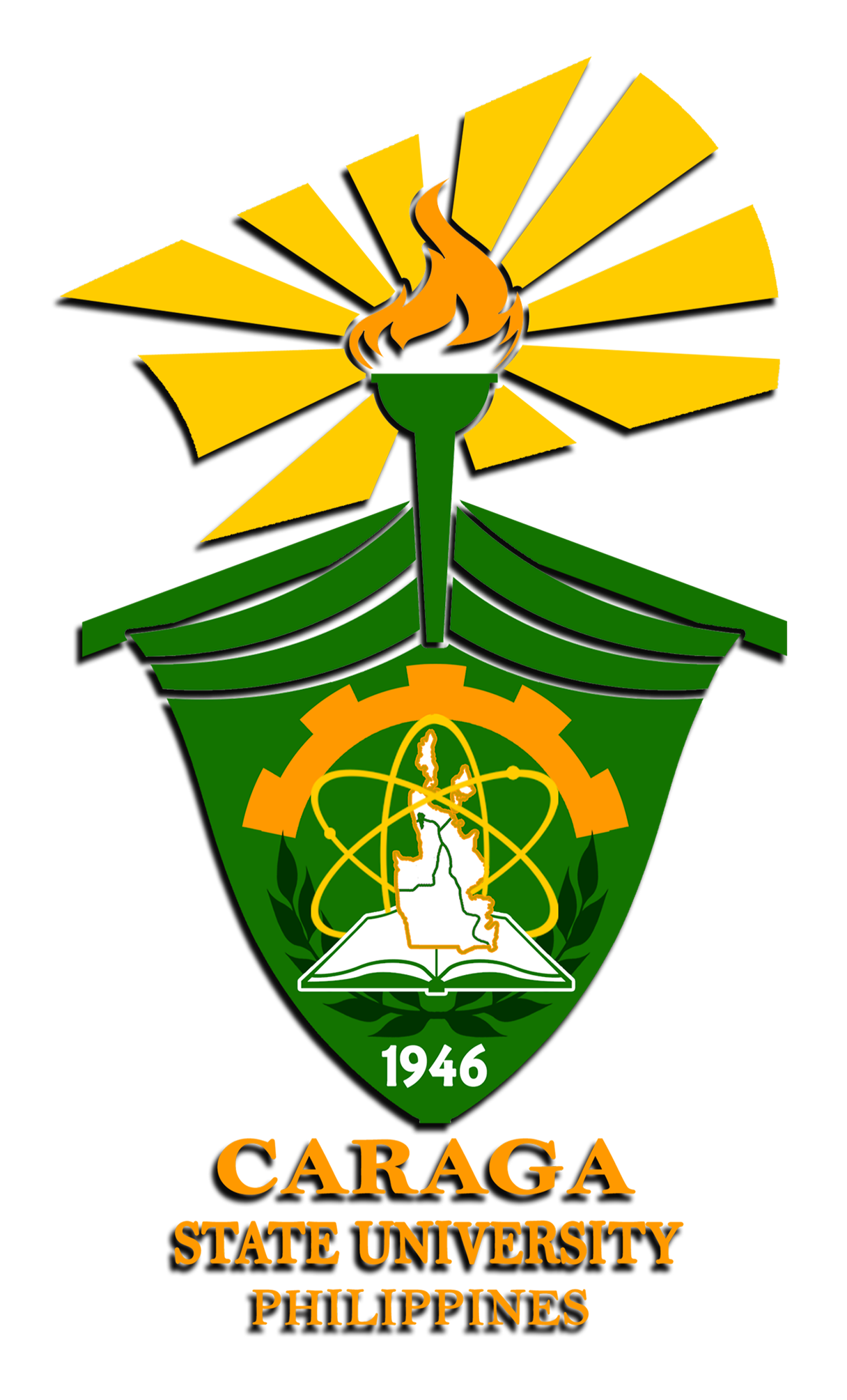News and Events
Brief Statement
Overview
The Bachelor of Science in Forestry (BSF) is a degree program which was created by virtue of Northern Mindanao State Institute of Science and Technology (NORMISIST) Board Resolution No. 48-06 s. 2003: “Creating a BSF Education Program in NORMISIST”. NORMISIST is now a Caraga State University (CSU). The Caraga Region is dubbed as the Timber Corridor of Mindanao and of the country in general. Hence, the BSF program was created to respond the region’s dire need of skilled and scientifically trained Foresters.
It must be remembered that the approved board resolution was to establish a College of Forestry (COF) as a component college of then NORMISIST, now CSU. The Board of Trustees (BOT) in 2003, chaired by Dr. Carlito G. Puno, approved the BSF degree program to be placed temporarily under the College of Agriculture (CA) which is now College of Agricultural Sciences and Natural Resources (CASNR). The BOT deferred the establishment of the COF because the BSF degree program should have the complete year levels, from First Year to Fourth Year, so to create the COF. For the meantime, the BSF makes part of the CASNR. The then BOT member, Trustee Alolod said that if the BSF program would be strengthened then it could be converted into a college.
In 2008, the BSF degree program has achieved the complete year levels, from First Year to Fourth Year. As such, the program has produced a total of 258 licensed Foresters and albeit being young, it has also produced sixteen (16) topnotchers, to wit: 6th and 9th places in 2011; 8th place in 2012; 7th place in 2014; 2nd place in 2015; 1st, 3rd, 5th, and 9th places in 2016; and 1st, 3rd, 4th, 5th, two 7th, and 9th places in 2017.
The BSF graduates and the licensed Foresters of CSU are, to a large number, employed in different government and non-government offices whose functions are related to the conservation and development of the natural resources. These offices include the Department of Environment and Natural Resources (DENR); mining companies; Local Government Units (MENRO’s and City ENRO’s); and Non-Government Organizations(NGO’s). These BSF graduates and licensed Foresters of CSU are the key players in Forest Development Programs and Projects of the region (National Agency and LGU as well as mining corporations).
As the program started from a humble beginning it has now a total enrollment of 595 students. The program is backed by six (6) faculty members with plantilla positions, four (4) Contract of Service and three (3) lecturers. The BSF program of CSU is now on the Philippine roadmap on the delivery of quality education in Forestry education. The program has gained recognition in its exemplary performance in the FLE. Thus, it gave prestige and honor to the university.
The BSF program is completely a different discipline from the degree programs of the Agricultural Sciences. On that note, the BSF program should be separated from the degree programs of the Agricultural Sciences. The two programs have also no common major subjects and cannot share expertise. The faculty members from the Agricultural Sciences cannot handle the major subjects of the BSF programs, and vice versa. Moreover, the faculty of the BSF is outnumbered by the Agricultural Sciences. The BSF program is backed by only a total of eleven (11) faculty members, while the Agricultural Sciences has 21, who are mostly permanent. This scenario has led to the relegation of the BSF program in terms of development and advancement. The BSF program lacks the significant laboratory equipment and apparatuses. These instruments are deemed essential because the BSF is an applied science.
The BSF program has already met the required complete year levels, from First Year to Fourth Year. In addition, the Bachelor of Science in Environmental Science (BSES) is a degree program with the most common subjects with the BSF. The integration of the BSES is founded on the interrelatedness of the two programs where the faculty members from the two programs can share expertise. As of the present, the BSES is under the College of Agricultural Sciences and Natural Resources (CASNR). BS Agroforestry is also added program to the CoFES.
Taking into account the meritorious performance of the BSF graduates in the annual FLE and having 595 presently enrolled students, so with the BSES having 153 and BS Agroforestry with 62 enrolled students, the three programs have 810 student population can now therefore constitute and establish the College of Forestry and Environmental Science (CoFES).
The proponent of this proposal fervently hopes that the administration and management of CSU and the BOR shall support this humble undertaking: the establishment of the College of Forestry and Environmental Sciences (CoFES) in CSU Main Campus. The proponent firmly believes that the dreamed College of Forestry, which is now in integration with the BSES and called to be the College of Forestry and Environmental Science (CoFES), can now become a reality and be materialized in the nearest time possible. The proponent further believes that the CoFES is a promising component college of the university in the delivery of high standards of education and can truly respond to the Caraga Region’s exigent need of adept and scientifically trained Foresters and Environmental Scientists.
Linkages
Caraga State University once again produced two topnotchers in the concluded 2019 Forester’s Licensure Exam.
Debbie Jale Tambor placed 7...
Admissions
Registrar
Guidance
Office of the President
Public Information and Communication Office
Course Particulars
College of Engineering and Geo-Sciences
College of Agricultural and Agri-Industries
College of Mathematics and Natural Sciences
College of Forestry and Environmental Sciences
College of Computing and Information Sciences
College of Education
Philippine Standard Time
Transparency Seal
Design by ICT Center.



















